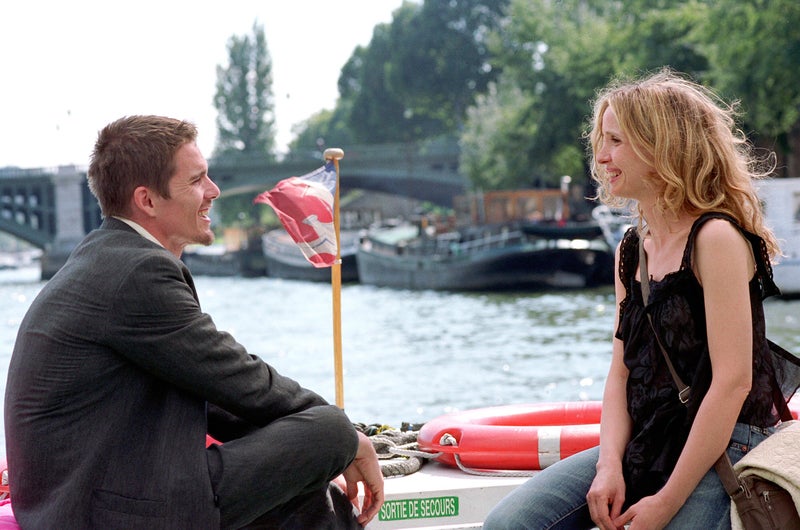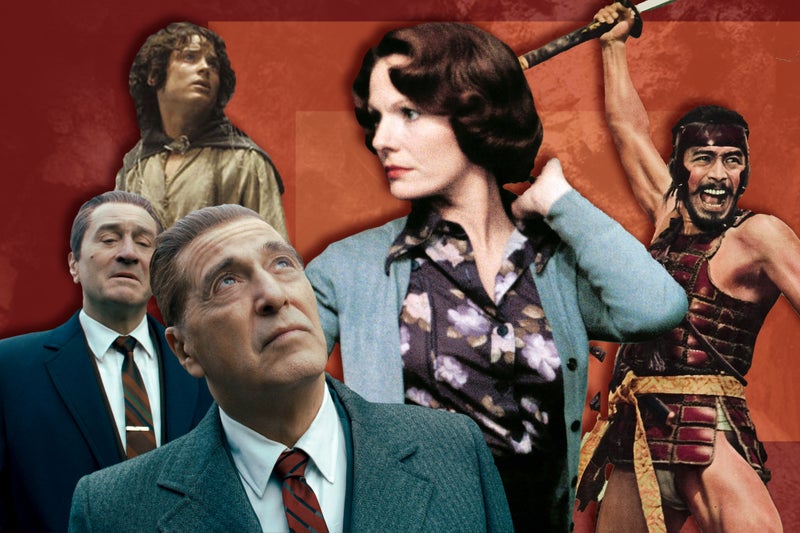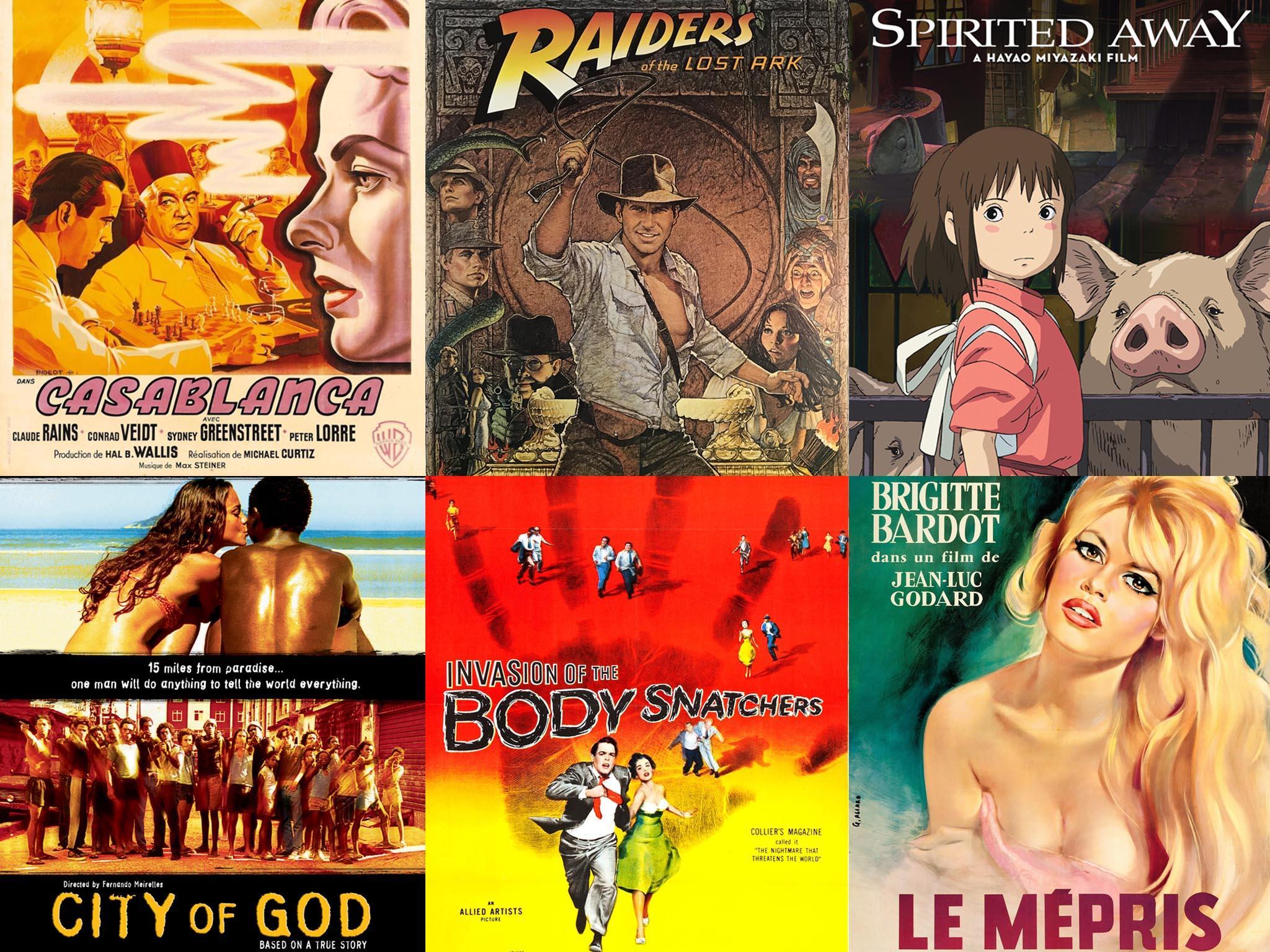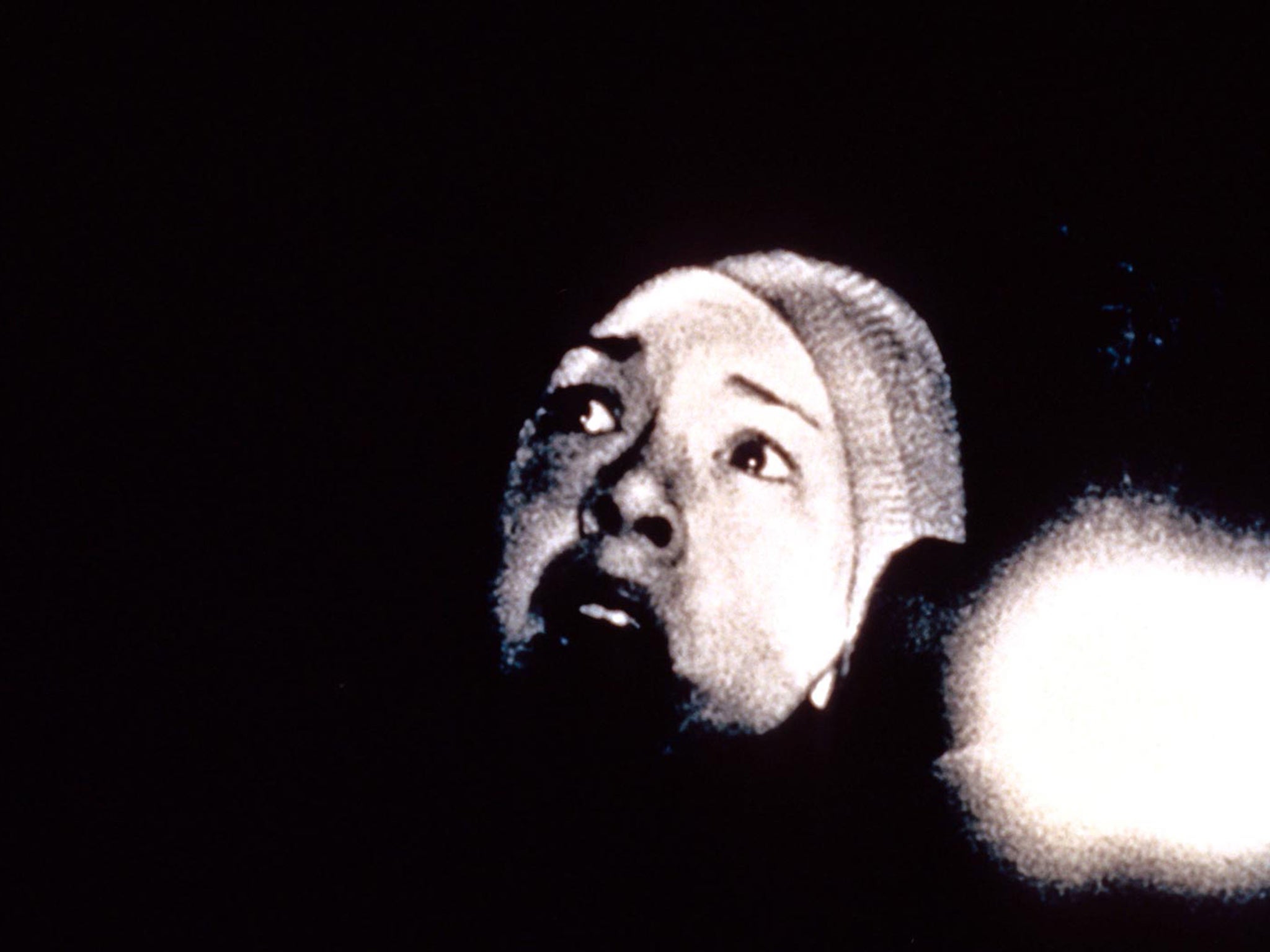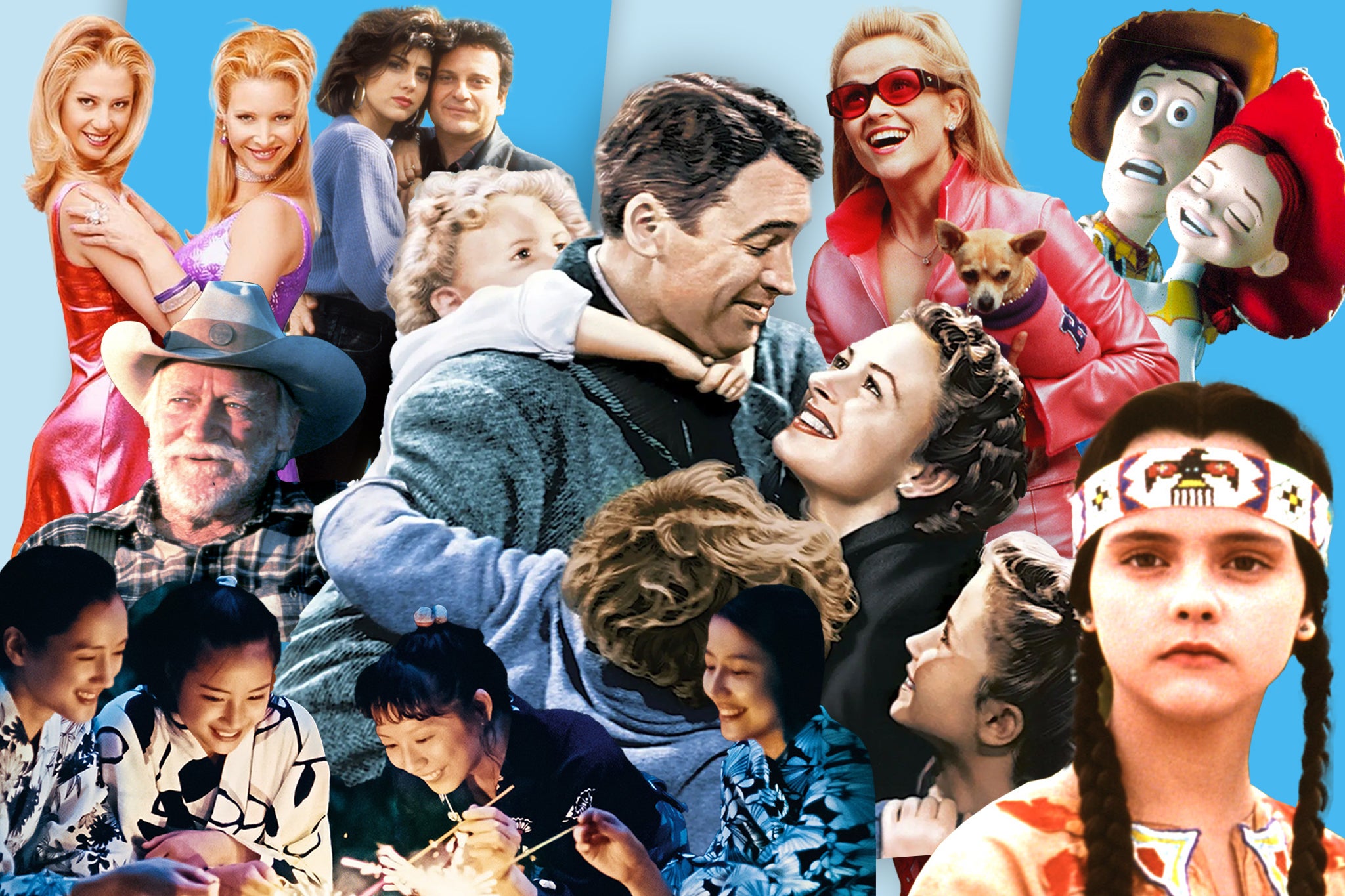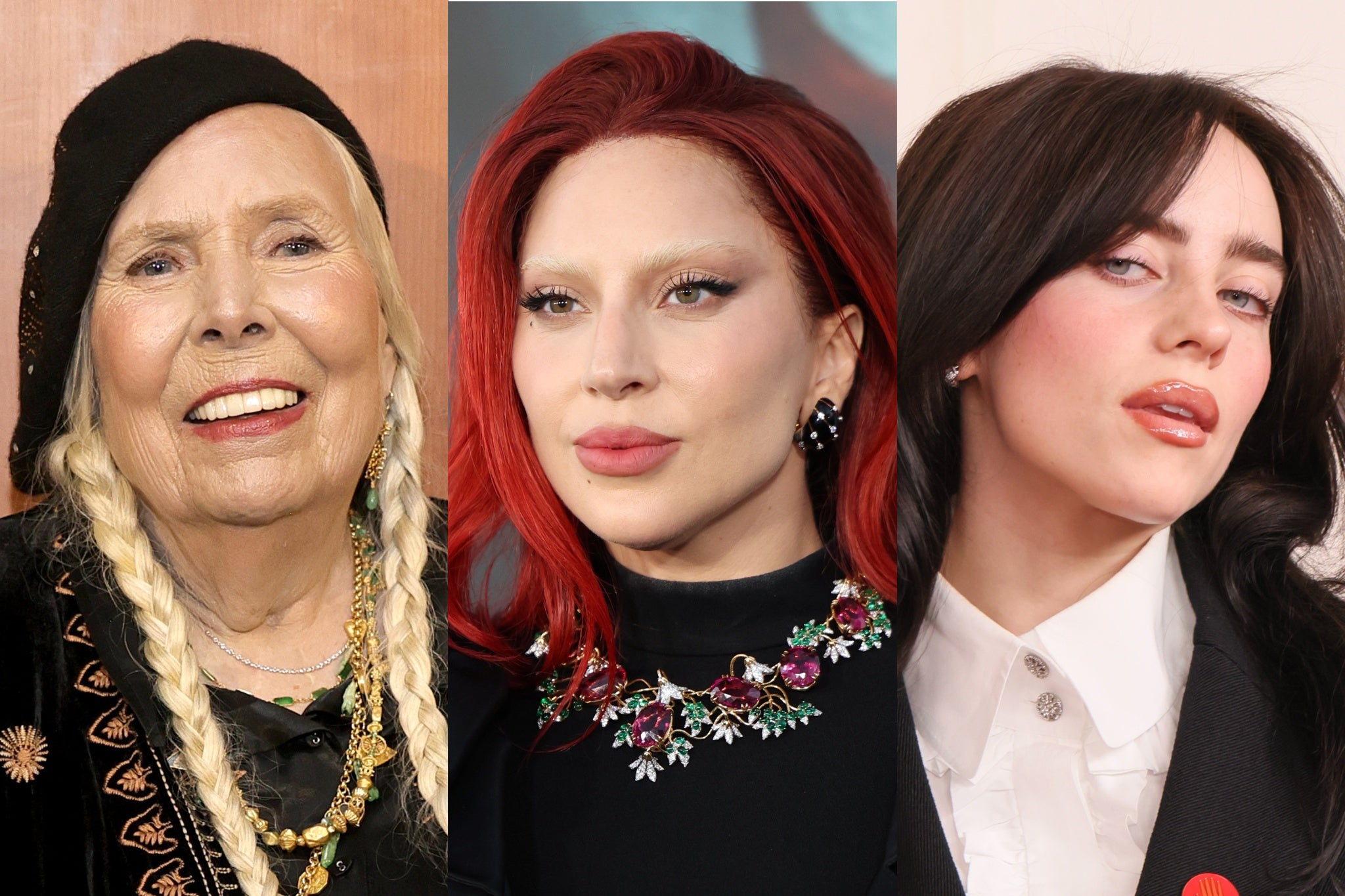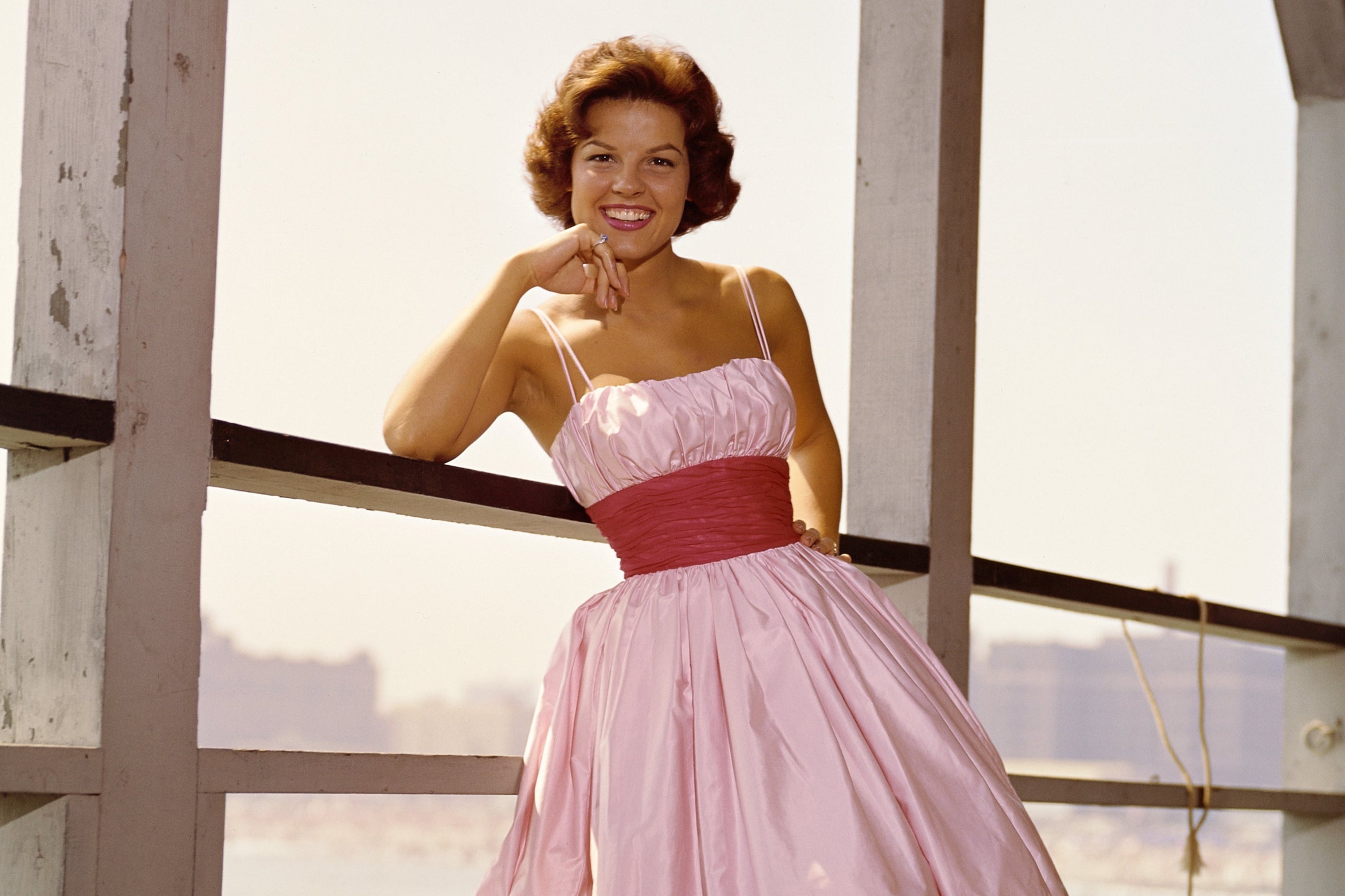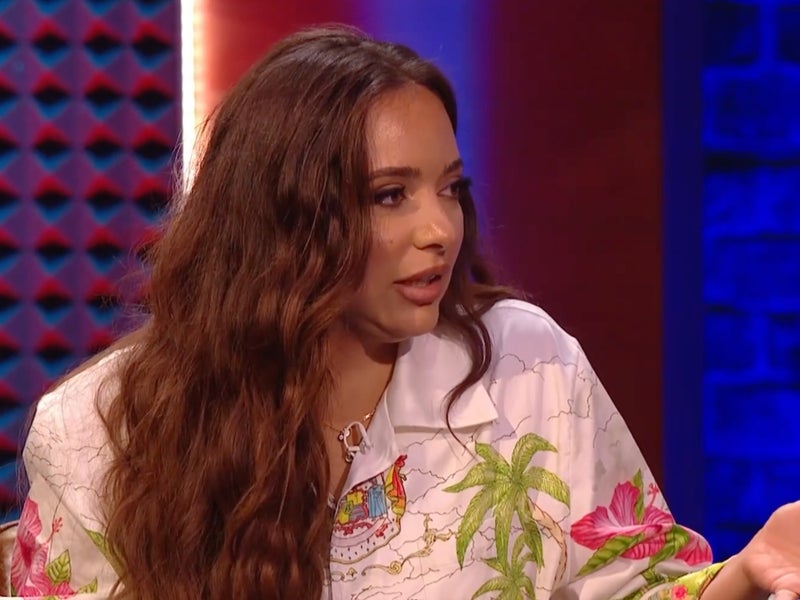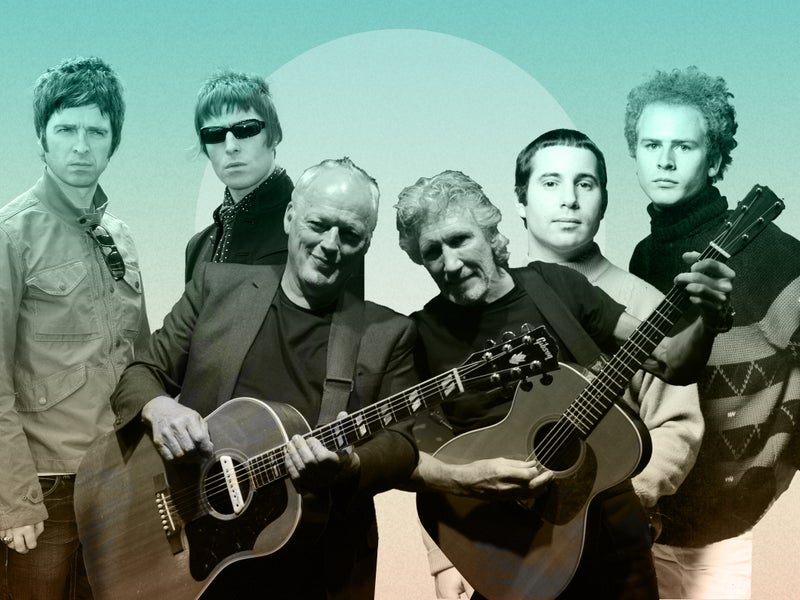Final scenes are incredibly tough to pull off – and they can make or break the viewing experience. Jacob Stolworthy and Louis Chilton pick 23 of the greatest movie denouements in cinema history. A bold statement but: there is no more important moment in a film than its ending. Depending on the screenwriter and filmmaker, final scenes are a crucial opportunity to evoke a particular feeling from the viewer. There are the endings that are an extension of the movie you’ve been watching – a fitting full stop culminating with a memorable wisecrack or a symbolic visual emphasising the trajectory of the characters you’ve spent the last few hours watching.
![[‘Planet of the Apes’]](https://static.independent.co.uk/2025/01/30/11/shutterstock_editorial_1604450a.jpg)
Then there are the endings that like to startle you. These climaxes can drop a twist that pulls the rug from under your feet, or end on an ambiguous note designed to confound the viewer; they can pose more questions than reveal answers. While denouements such as these might leave people feeling short-changed, a skilful deployment of such an ending can scintillate and make you reassess everything you’ve just seen.
![[‘The Truman Show’]](https://static.independent.co.uk/2025/01/30/11/shutterstock_editorial_1636027a.jpg)
It was hard to pick just 23 film endings to include on this list. It was a fun opportunity to highlight some of our personal favourites alongside the more well known – so some of your top picks might not have made the cut this time around. Below are what we believe to be a good selection of the 23 greatest final scenes in movie history. 23. Yi Yi (2000). Eight-year-old Jonathan Chang is at the very heart of Edward Yang’s coruscating family drama Yi Yi, but his character, Yang Yang, spends much of the film in its peripheries – bearing witness to the sweet, sad and profound turns of the adult world without fully comprehending it. Only at the end, while speaking at the funeral of his grandmother, does he let loose with a shattering monologue. “I am old too,” says the child – a line guaranteed to make you crumble. LC.
![[‘The Searchers’]](https://static.independent.co.uk/2025/01/30/11/shutterstock_editorial_672923h.jpg)
22. The Long Good Friday (1980). The ending of British gangster film The Long Good Friday is as memorable as they come – but is boosted to best-ever status thanks to a towering performance from Bob Hoskins. As the film draws to a close, Hoskins’ Shand, believing he’s free from threat from rival gangsters, gets into a chauffeur-driven car – but discovers it’s been commandeered by assassins (hello, young Pierce Brosnan!). The gamut of emotions that crosses the cocksure Shand’s face as he realises he’s been bested – and contemplates the nasty fate that awaits him – is one of British cinema’s most formidable moments. As the camera fixes on his face for a full 60 seconds, you can practically see his life flash before his eyes. JS.
![[‘Some Like It Hot’]](https://static.independent.co.uk/2025/01/30/11/shutterstock_editorial_1606588a.jpg)
21. The Apartment (1960). The ending of Billy Wilder’s The Apartment perfectly weds the film’s duelling sensibilities – sardonic satire, and sincere romanticism. In the last few minutes, messed-up elevator attendant Fran Kubelik (Shirley MacLaine) runs back to Baxter’s (Jack Lemmon) apartment and thinks she hears a gunshot. It’s actually just a champagne cork, and the pair reconcile. They go back to their card game, and Baxter tells her he loves her. Undercutting the cliche at the last, Fran responds: “Shut up and deal.” An exquisite capper to an exquisite film. LC.
![[‘2001: A Space Odyssey’]](https://static.independent.co.uk/2025/01/30/11/19/shutterstock_editorial_408664a.jpeg)
20. Before Sunset (2004). The depiction of romance on screen can make your heart soar or ache, depending on the situation. Richard Linklater did both with his Before films, a trilogy capturing the highs and lows of a relationship between two strangers who meet while travelling Europe. The peak of the series came at the end of the second instalment, which sees Jesse (Ethan Hawke) and Céline (Julie Delpy) flung back into each other’s paths in Paris after their initial chance encounter nine years before. While Jesse kills time before catching his flight home, the pair listlessly discuss their lives, slowly realising over the course of the film’s brief 80 minutes that they’re head over heels in love. At the end, Céline dances to Nina Simone, telling him: “Baby, you are going to miss that plane.” Jesse, unwilling to let Céline go for a second time, replies: “I know.” JS.
19. The Thing (1982). The ending of John Carpenter’s cult horror classic has been debated and pored over by fans for decades. Have MacReady (Kurt Russell) and Childs (Keith David) managed to rid themselves of the monster? Is one of them an alien imposter? Whatever the answer – and people have gone so far as to analyse the vapour of their breath for an indication – it hardly matters in the end. We’re left with two men on the brink of death, sharing one final futile drink. It’s a masterclass in stillness and restraint, a wonderfully grim coda to the carnage that came before it. LC.
18. The Taking of Pelham 123 (1974). The Taking of Pelham 123’s doozy of a final scene is the perfect example of knowing when exactly to end a film. The gritty action thriller follows a group of criminals who hijack a New York City Subway car and make ransom demands to Walter Matthau’s police lieutenant, Zachary Garber. Throughout the film, one of the enigmatic hijackers – Robert Shaw’s Mr Blue – is shown to be suffering from a cold and routinely sneezes. This comes back to haunt him: when Blue is the last surviving hijacker, Garber, narrowing his list of suspects, questions him. He mostly slips his way out of suspicion and Garber leaves – only to hear a very familiar sneeze. The final shot shows Garber poke his head back into the room, with a knowing smile etched onto his face, as he realises he’s found his man. Cut to black. JS.
